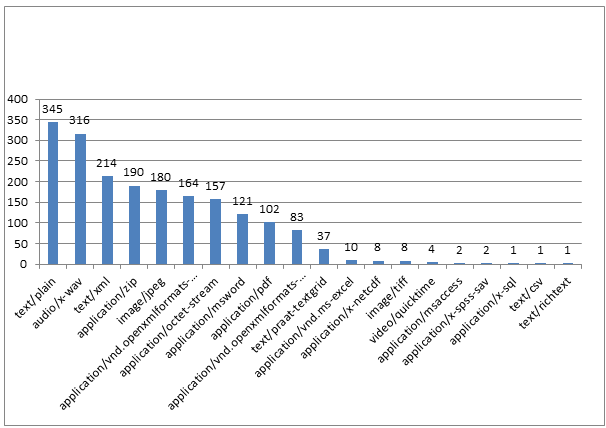We welcome Stuart Macdonald to the position of Research Data Management Service Coordinator, as a 1-year secondment for the current post-holder. Stuart will continue the work of developing the research data services provided by Information Services at the University of Edinburgh. Stuart will be working for three quarters of his time on the programme, and the remaining quarter in his current role as Associate Data Librarian for EDINA and the Data Library.

Stuart has recently returned from a six month secondment at Cornell Institute for Social and Economic Research as Data Services Librarian where he co-ordinated the successful Data Seal of Approval trusted repository application for CISER Data Archive as well as modernized archival process and practice.
When not working as service coordinator, Stuart will be working towards gaining the Data Seal of Approval for DataShare, the University’s open data repository.
On the role of service coordinator, Stuart says “This is a marvellous opportunity to be at the heart of research data management activities here at the University and to continue the great work that has already been put in place”




